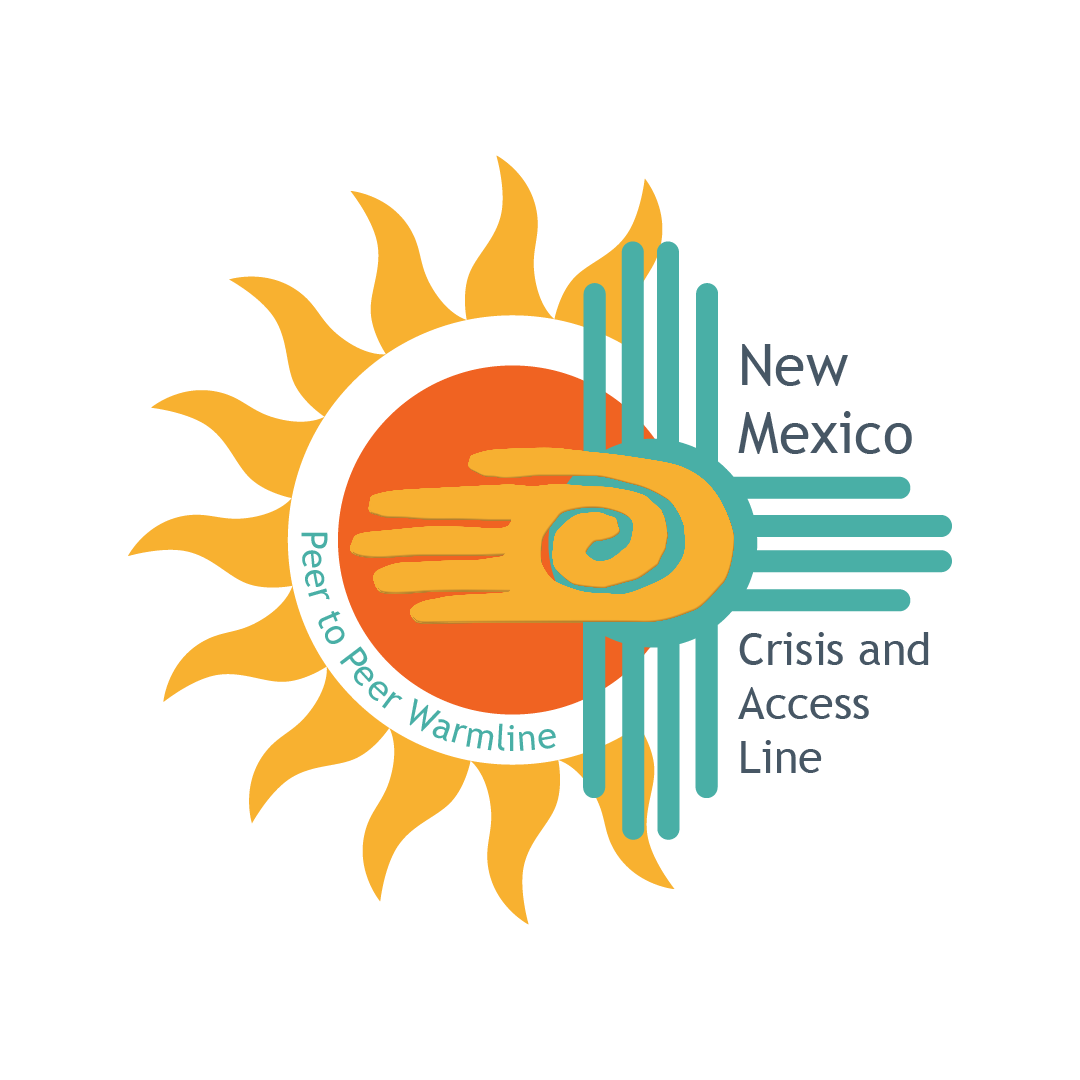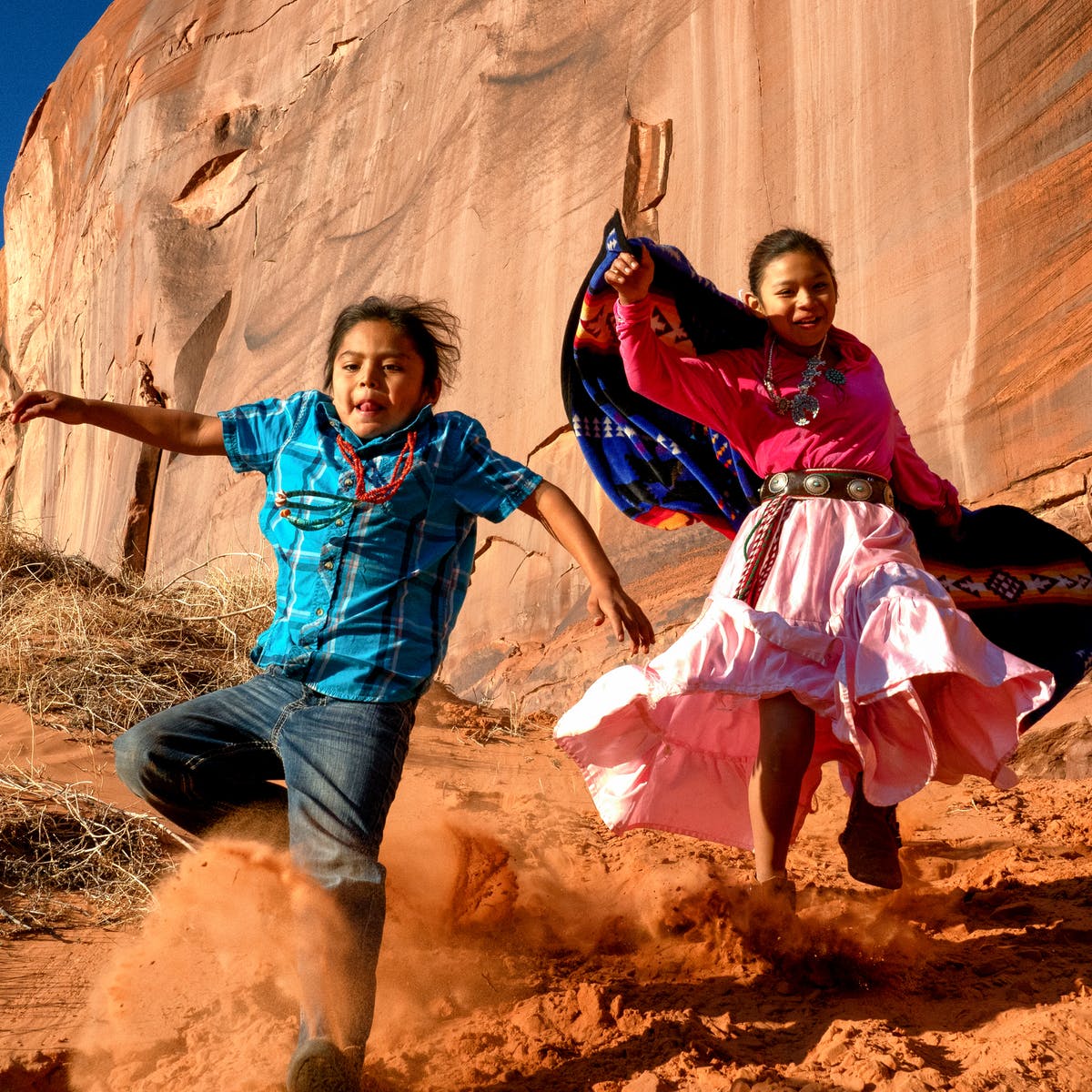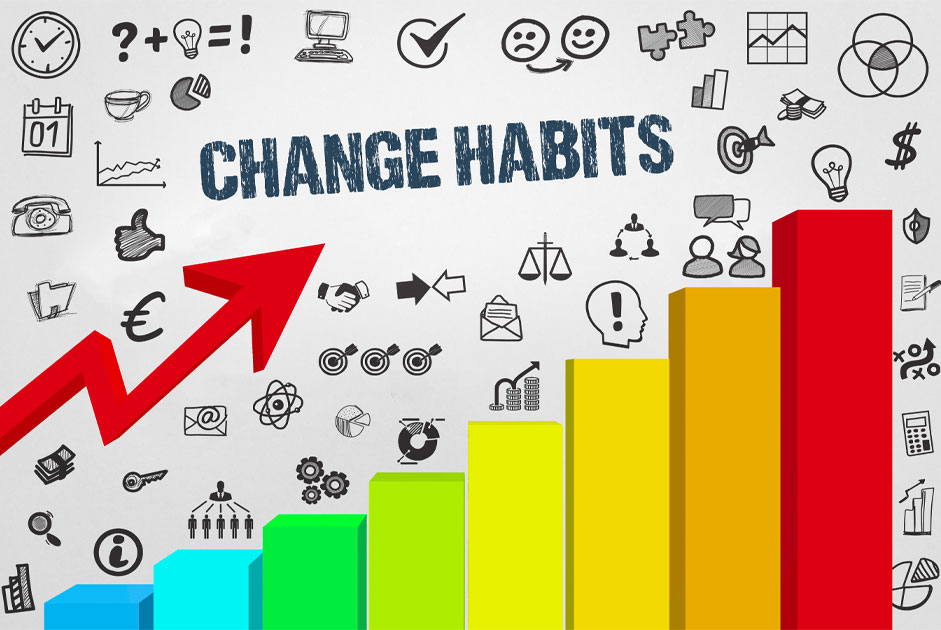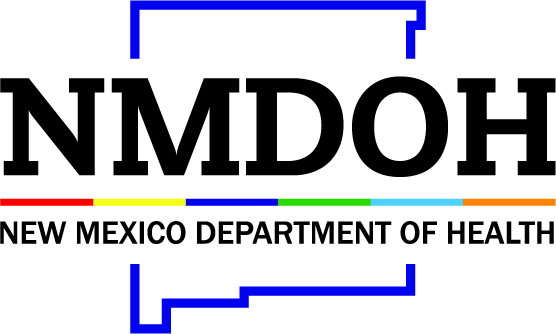On Indigenous People’s Day we are reminded of the effects of historical trauma created through settler colonialism which forced people to change their traditional ways. Altering communities, relationships, family structure, and child rearing practices.
Take the time to understand that the effect of historical trauma is not just about what happened in the past. It’s about what’s still happening. Many cultures in our nation experience the effects of the traumas inflicted on groups of people because of a race, creed, ethnicity, religion, gender identification, and sexual orientation. These traumas can linger on in their descendants. The persistent cycle of trauma can harm people, families, and communities. It threatens the vibrancy of entire cultures.
Those experiencing these effects of historical trauma may be more likely to experience negative behavioral health outcomes, as well as decreases in daily functioning and quality of life. As a result, we see some people experiencing poorer physical and mental health, substance use, higher rates of suicide, and erosion in families and community structures.
Respond with care to individuals and communities experiencing historical, past, and present traumatic stress. Assist people and communities in navigating through ongoing grief, support restoration of self, community, and human-ecological relationships, and work to generate cultural vibrancy.
The Seven Grandfather teachings are: Wisdom, Love, Respect, Bravery, Honesty, Humility, and Truth. Reflect on what you learn day by day, and focus on “Leaving no one behind: Indigenous peoples day is the call for a new social contract”.










